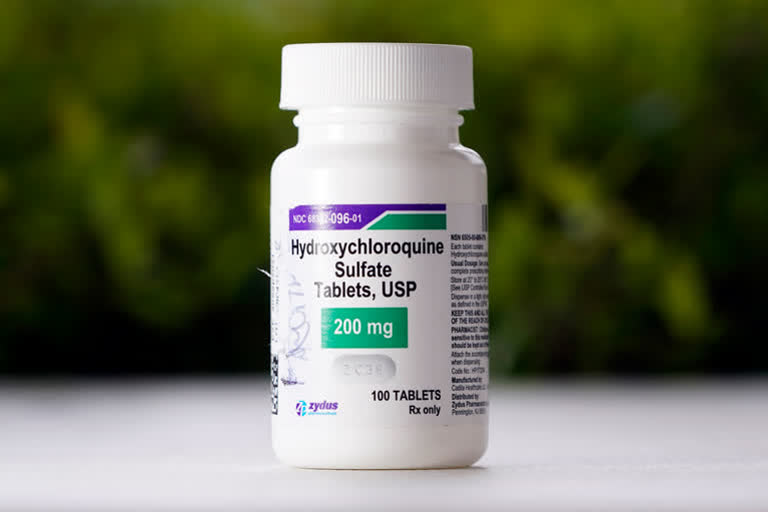New Delhi: A day after WHO's solidarity trial of Lopinavir-Ritonavir and Hydroxy-chloroquine (both locally sourced) repurposed drugs shows that they can't reduce COVID-19 mortality, Dr Suneela Garg, head, department of community medicine of Maulana Azad Medical College told ETV Bharat in an exclusive interview that the solidarity trial result is not a setback for India.
"It's certainly not a setback for India. As we are going ahead, and if you see the history of other diseases, we worked on many drugs. For example, we are still working on the combination of various drugs for HIV. We are trying and looking for a different combination of drugs which will definitely come out," said Dr Garg.
Dr Garg is also the national president of the Indian Association of Preventive and Social Medicine.
On Friday, World Health Organisation (WHO) and Indian Council of Medical Research (ICMR) solidarity trials results show that four repurposed drugs including Remdesivir (donated by Gilead, and Hetero drugs in India) as well as Interferno (donated by Merck) do not reduce mortality or initiation of ventilation in hospitalised COVID-19 patients.
Dr Garg said that it was a trial which has been carried out over 11266 patients in 30 countries.
"The participants in the trial were divided into four groups including 954 people in Hydroxy-chloroquine group, 1411 in Lopinavir, 651 in Interferno and 408 individuals received no drugs," said Dr Garg.
The trial and observation continued over a period of 28 days.
Read: Infiltration along LoC reduced substantially: Lt Gen BS Raju
"It was observed that in terms of hospitalization, the severity of infection, there was no different results between people receiving drugs and people without drugs," Dr Garg said.
